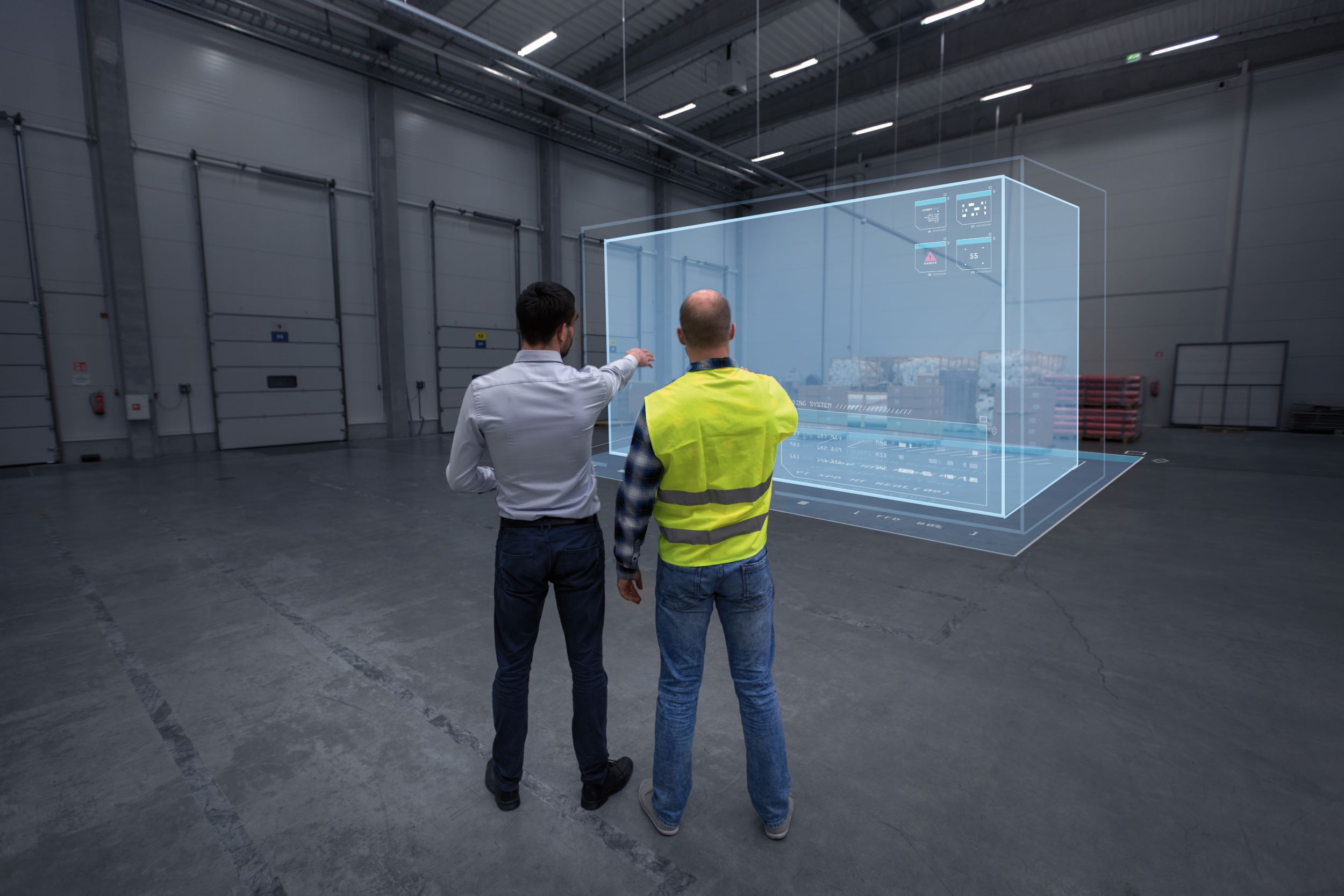
VIVA
Virtual Warehouse as
Learning Environment


Project Information
| Project | VIVA -Virtual Warehouse as Learning Environment |
| Duration | 1.9.2023 – 28.2.2026 |
| Implementer | Häme University of Applied Sciences |
| Funding | Häme ELY Centre |
| Budget | 238 679 € |
The project creates new know-how, from the planning of warehouse operations to the training of personnel, forming a comprehensive process know-how for the development of warehouse operations for the company.
Due to structural changes in supply chains (e.g. online shopping, JIT), jobs in the logistics sector have grown strongly in Western countries in recent years, even though automation has been introduced. Companies in the logistics/warehousing sector suffer from a constant shortage of skills and a high turnover of the workforce. At the same time, significantly more immigrants could be recruited for warehouse jobs.
In logistics, there is a significant need for competence promotion and joint development, which learning and innovation environments can meet, and which can promote the capabilities of the companies participating in them. It is also said that “logistics lives on information”.
Among the newest technologies, for example, the digital twin is related to the learning technology needs of both companies’ innovation and educational organizations, and here we can combine both. The warehouse’s digital twin (“Virtual warehouse”) has attracted wide interest among logistics companies as a developer of personnel skills. The digital twin is considered a key direction of development in the field.
The project will create new know-how, from the planning of warehouse operations to the training of the personnel who carry out the warehouse work, thus forming a comprehensive “process know-how for the development of warehouse operations” for the company. In the construction of a virtual warehouse (digital twin), game engine technology is used, which enables the creation of a virtual warehouse so that it is visually realistic like modern games and enables the implementation of various activities that support learning and innovation in a virtual environment.
The project aims to find a solution to two key competence-related questions:
- For training warehouse personnel and securing the labor force and raising the level of competence, as well as for the integration of people with immigrant backgrounds into Finnish working life.
- To increase the competence related to the development of logistics and warehouses, especially to increase and utilize digital competence.
Target Group
The main target groups of the project are companies in the logistics sector and companies with large logistics operations.
Area of Operation
The project is implemented in the Tavastia Proper and Päijänne Tavastia with the partner Limowa.
Project Results
- A process description of the utilization of the virtual warehouse (digital twin) and its construction. The process description provides the basis for how future warehouses should be built, taking into account the opportunities provided by the digital twin.
- Defining what kind of competences those working in the warehouse must know in the future and what kind of things must be paid special attention to in training and updating the competences of the warehouse staff.
- As a concrete result, a “digital/virtual twin” of the warehouse is created. In the construction of the virtual twin, game engine technology is used, which enables the creation of a virtual warehouse so that it is visually realistic like modern games and enables the implementation of various activities that support learning and innovation in a virtual environment.
- Using the virtual model, a group of around 20-30 warehouse staff and teachers will be trained. with a virtual model.
- In addition, the result will be communication and training material related to the implementation, which will be published regularly throughout the implementation, but with an emphasis on the final stages of the implementation.
- Seminars, workshops, etc. are organized in the project, where know-how is disseminated.
Contact Information
Project Manager: Juha-Matti Torkkel
Specialists: Heikki Ruohomaa, Toni Lavonen, Henna Altomaa
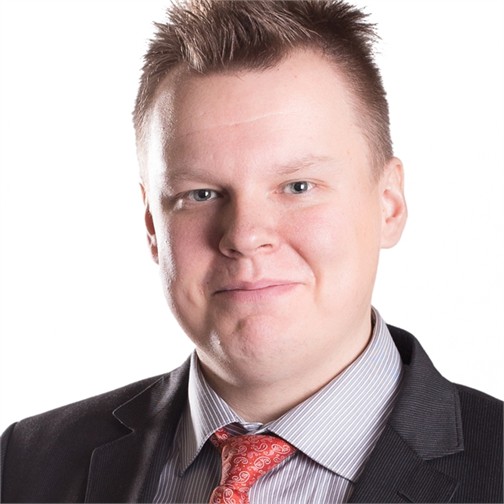
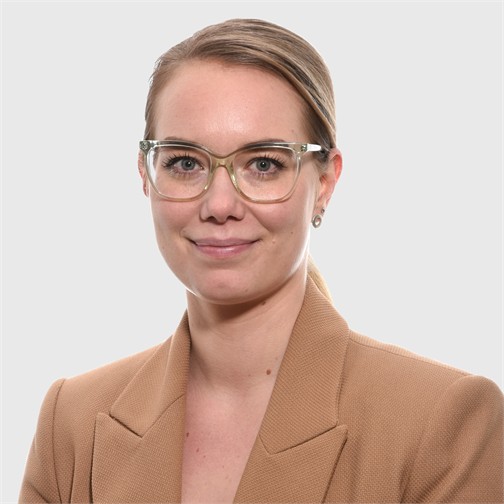
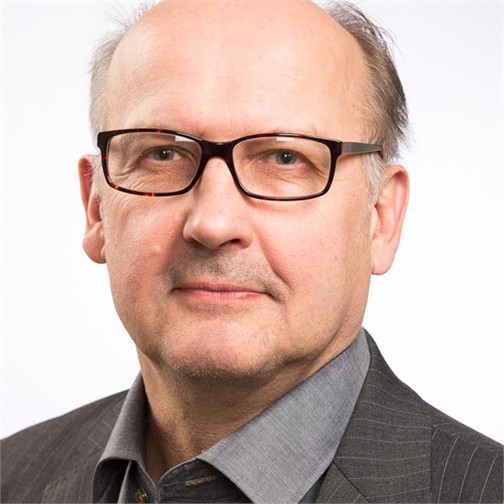
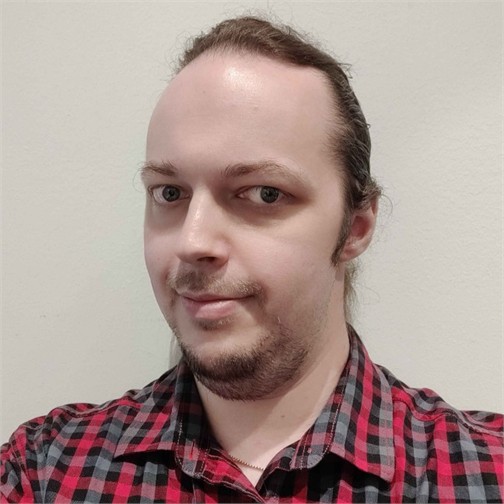
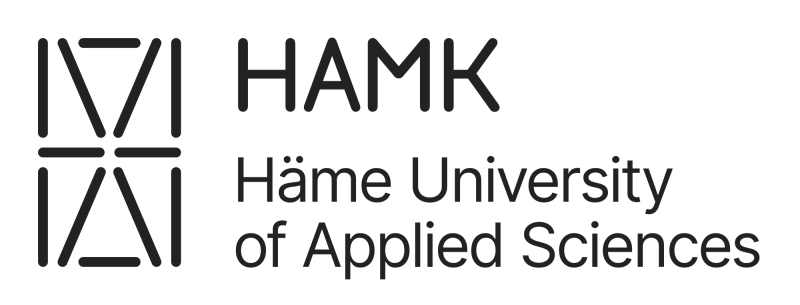

Follow us on social media!
Check out HAMK’s social media channels focusing on research!